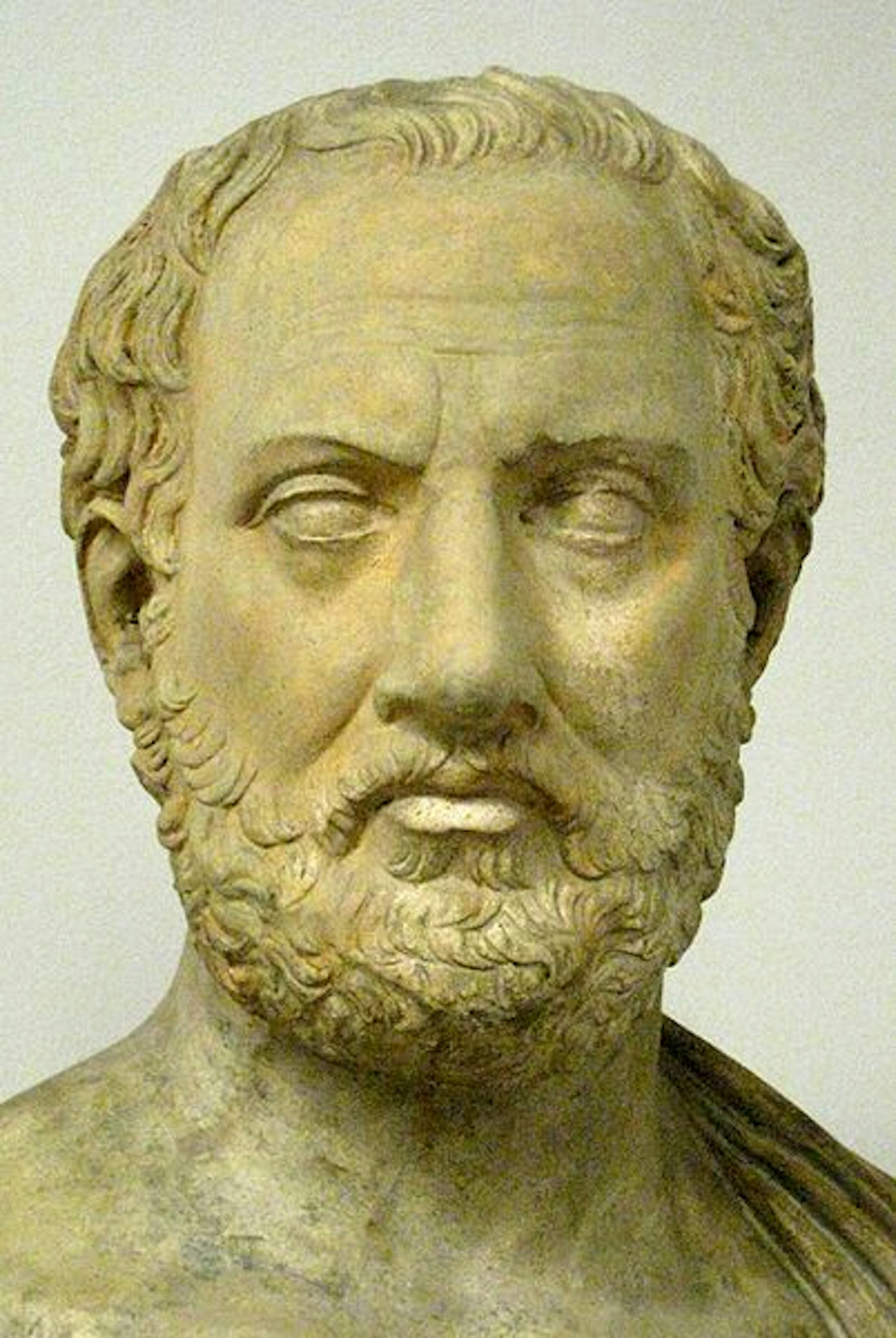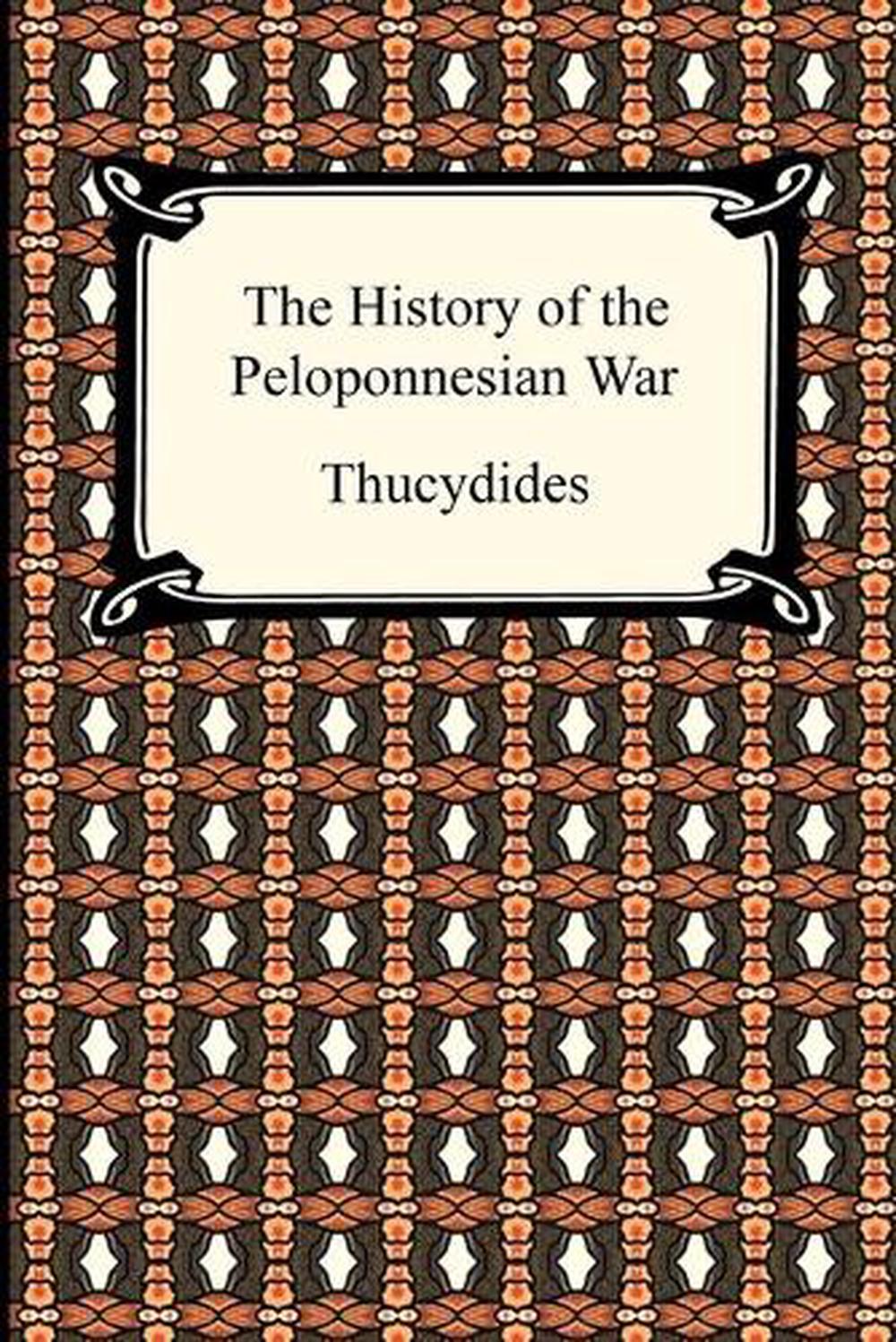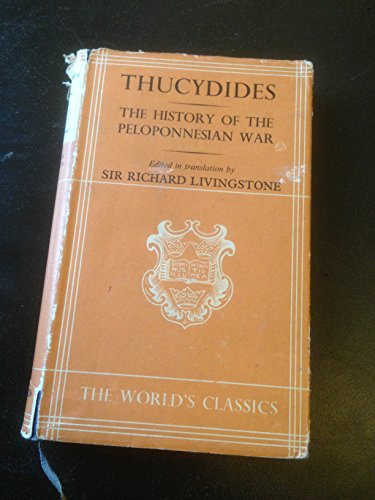

In the following years their respective blocs observed an uneasy peace. Further, the Athenians were better prepared financially than their enemies, owing to the large war chest they had amassed from the regular tribute they received from their empire.Īthens and Sparta had fought each other before the outbreak of the Great Peloponnesian War (in what is sometimes called the First Peloponnesian War) but had agreed to a truce, called the Thirty Years’ Treaty, in 445. Thus, the Athenians had the stronger navy and the Spartans the stronger army. Sparta was leader of an alliance of independent states that included most of the major land powers of the Peloponnese and central Greece, as well as the sea power Corinth. The Athenian alliance was, in fact, an empire that included most of the island and coastal states around the northern and eastern shores of the Aegean Sea.


Saving Earth Britannica Presents Earth’s To-Do List for the 21st Century.100 Women Britannica celebrates the centennial of the Nineteenth Amendment, highlighting suffragists and history-making politicians.



 0 kommentar(er)
0 kommentar(er)
